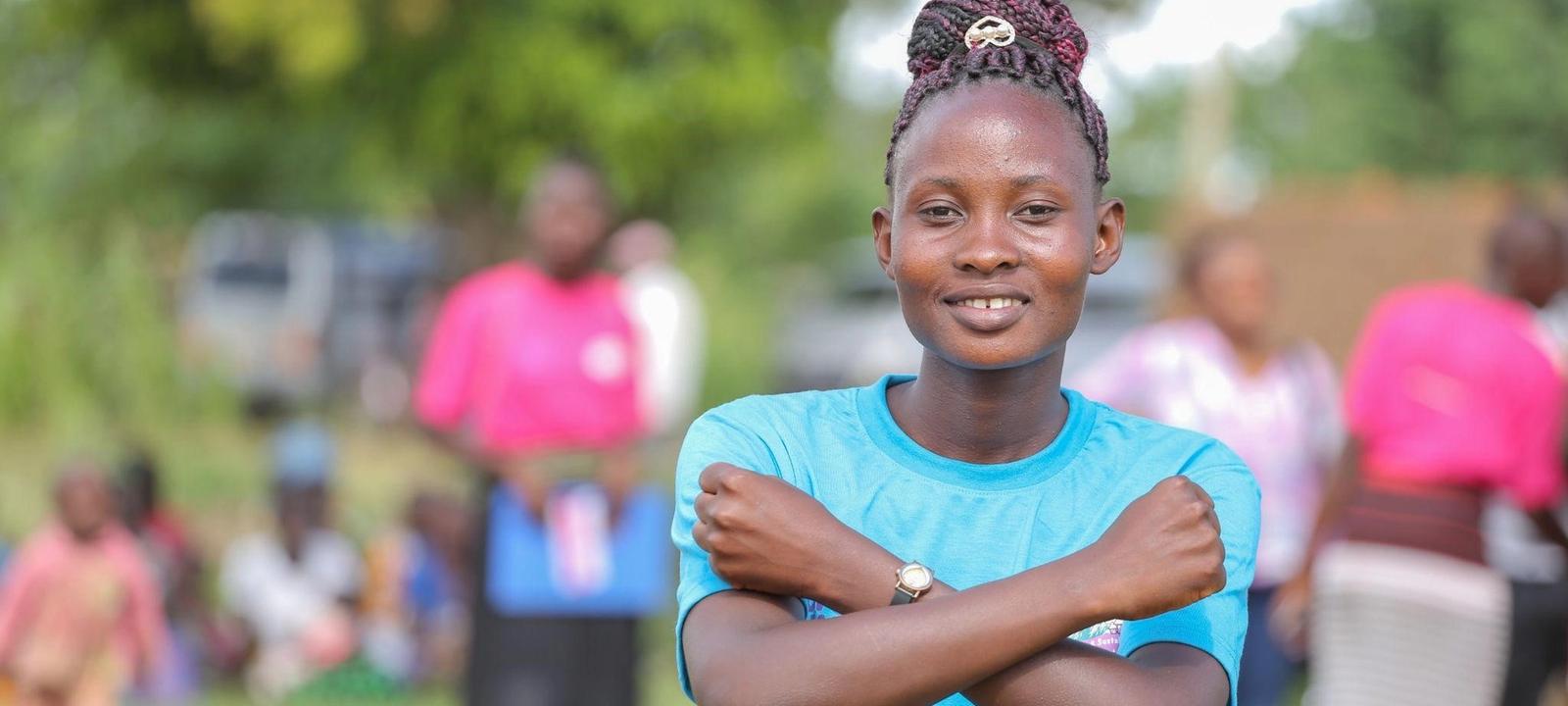
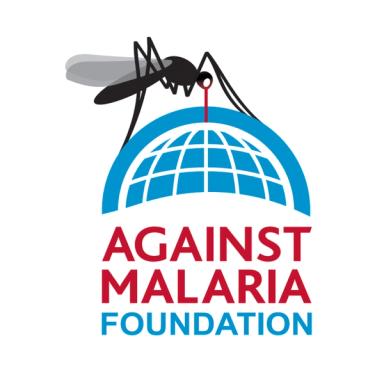
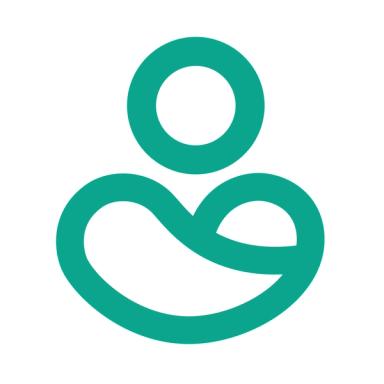
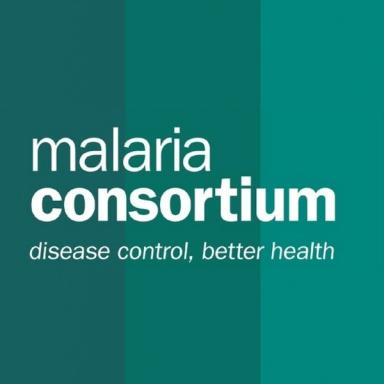
Tahala Wilson is raising money for Against Malaria Foundation, New Incentives and Malaria Consortium.
$0
Raised
$200,000
Goal
The "big war" against malaria in children
The following account was provided by Mucobadi and comes from Bululu Parish, Muterere Subcounty, Bugiri District.
Namayanja is not your average 10-year-old. In a world where children typically want so much, she wants only two things — a best friend and a mosquito net. Yearning for a friend is sketched across her face, a portrait of loneliness.
And the desire for a mosquito net? Namayanja is terrified of the tiny, sinister creatures that spread malaria, the disease that killed her best friend, Kisakye, last year.
Namayanja cared for her sick friend, cradling her head as it burned with fever, lifting cup after cup of cool water to Namayanja’s lips. But malaria won, and now Namayanja is alone. Amid the happy warble of learning at Bululu Primary School in Bugiri district Uganda, Namayanja sits quietly at her desk.
Headmaster Herbert, 45, says she is a different girl since her friend died. He, too, misses Kisakye. “We really had high hopes for that child,” he says. “She would have changed something.”
Malaria, which kills approximately 600,000 people yearly, is a major killer of African children. “The saddest thing is that you lose a person not knowing their full capacity — what might have been,” says Dr Kirya, the district medical officer. “These children are the buds which will never flower.”
Kisakye’s father, Owino, 43, lost four children — three to malaria. Akello died on the back of Manuel’s bicycle as he pedaled madly to get her to the hospital in 2020. Another daughter, Rebeca, lived for one year and five months; she died in 2022. And then he lost Kisakye. “She was a very loveable person,” he says. “In our African families, the girls, although they are small, they are like mothers. They are so caring.”
Kisakye was her parents’ helpmate. She fetched firewood and water and cared for her younger siblings. “She was so alive,” he says. “She would say, ‘I want to be a teacher. I want to be a nurse.’ ” Kisakye’s absence leaves a palpable void. “I feel that something has left me,” Manuel says. “I have nothing to lean on.”
Kisakye was bitten in January 2020, during the high season for malaria when it is hot and wet in Uganda. Water stands in pools and puddles. The mosquitos breed and bite. The female anopheles mosquito spreads the disease. She needs a blood meal before she mates; if a family has no mosquito net, anyone can be her victim.
Malaria is a disease of poverty. An insecticide-treated net can prevent death, but even the few dollars a net costs can be largely out of reach in Uganda, where the national per capita income is $100 — about a dollar a day. Farmers like Manuel earn far less than that. “Malaria is like war,” he says. “But it’s a big war. It’s not a small war. In a war, you can negotiate. But with malaria, you cannot. With war, maybe there is a place of peace. But with malaria, you cannot find a peaceful place. If there was, we would all go there together.”
Kisakye received a mosquito net too late. When death came, her parents followed tradition and buried her with all her earthly possessions, including the net. They wrapped their once bright, vibrant daughter in the blue gossamer threads and laid her in the earth.
Namayanja did not go to Kisakye’s funeral. But she still goes to visit her friend’s family. “We are happy she comes,” says Manuel. “We see that our daughter lives in her.”
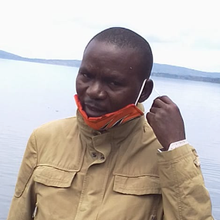
Tahala Wilson
Tahala Wilson is an women's advocate and activist with 20 years experience working with MUCOBADI, NGO supporting health, livelihoods, WASH, human rights and advocacy. As senior staff in the organization, he has organized many campaigns, events, meetings and workshops advocating for the fight against malaria in children and pregnant women in Bugiri District. He has worked directly with health facilities and women's groups over the years and understands the dynamics of malaria prevention among pregnant women and their babies. In partnership with PSI, MUCOBADI has distributed over 5000 bed nets and water guards to households in Bugiri and the Mayuge district.
Raising for:

Against Malaria Foundation
Bednets To Prevent Malaria
AMF's bed net programs protect people from malaria by distributing and ensuring the use of long-lasting insecticidal bednets in regions with the highest burden of malaria cases.

New Incentives
Cash Incentives for Childhood Vaccinations
New Incentives improves childhood immunization rates in Nigeria by providing cash incentives to caregivers.

Malaria Consortium
Seasonal Malaria Chemoprevention
The Seasonal Malaria Chemoprevention program protects children from malaria by distributing preventative medication at times of high transmission.



Tahala Wilson is raising money for Against Malaria Foundation, New Incentives and Malaria Consortium.
$0
Raised
$200,000
Goal